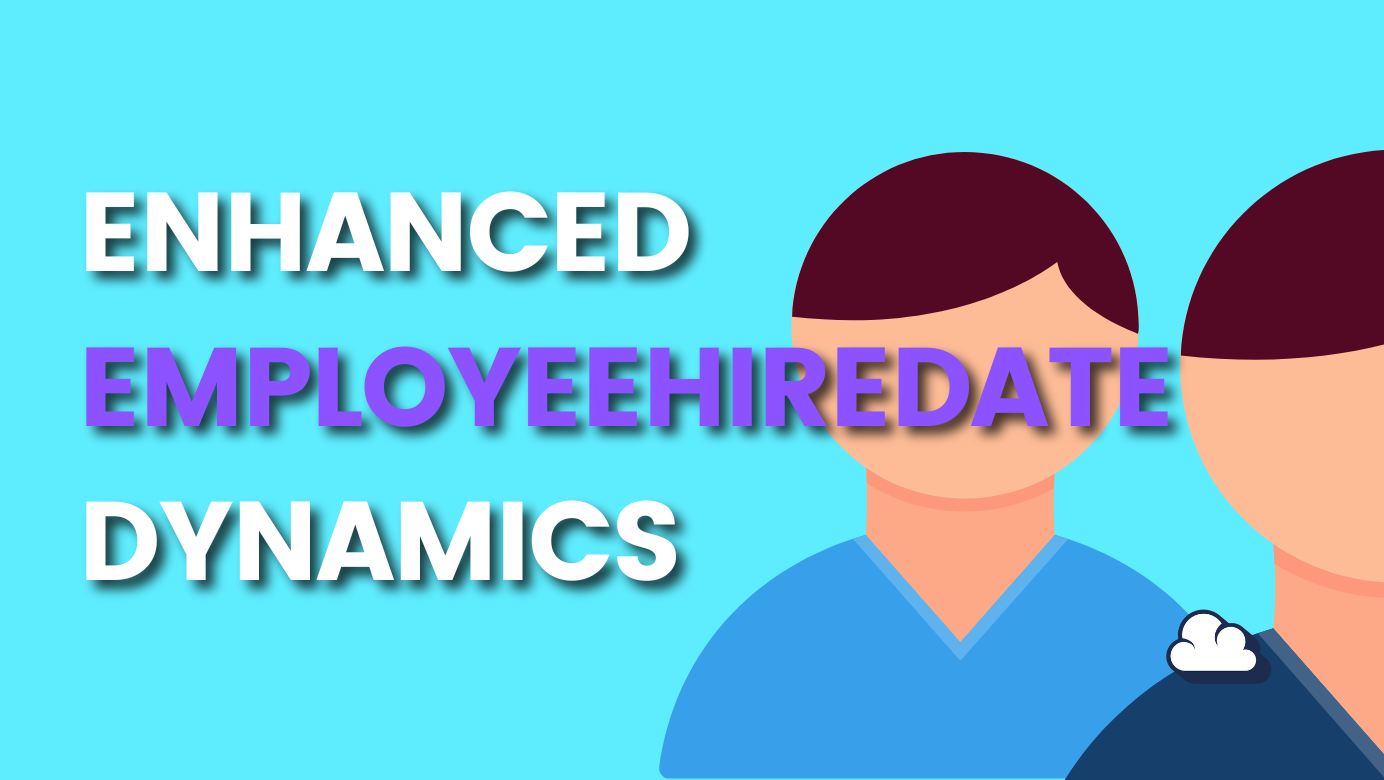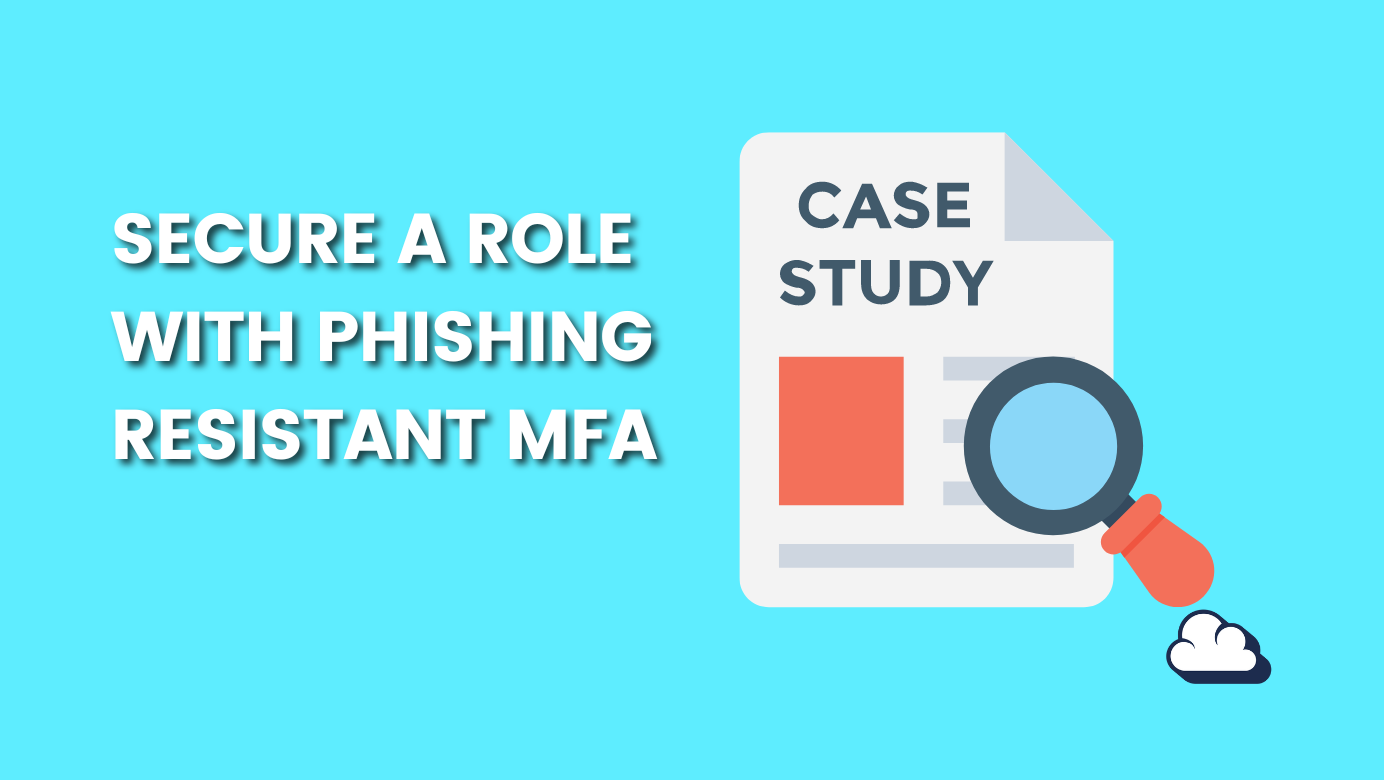
Entra ID Dynamic Groups: Leveraging the New employeeHireDate Feature
Table of Contents
Diving deep into Entra ID offerings over the years has always been a thrilling journey. And just when you think you've seen it all, along comes a transformative feature that shakes things up. Enter: the enhanced employeeHireDate feature in Entra ID dynamic group rules.

Operators big impact
Entra ID dynamic group rules have taken another leap forward. The spotlight is on the integration of the -le and -ge operators for the employeeHireDate attribute. While it may initially seem like a small tweak, the implications for automation and workflow efficiency are enormous.Here's the breakdown of possibilities:
Streamlined Onboarding with Entra ID
Manually configuring access for new hires is now a relic of the past. By leveraging Entra ID employeeHireDate feature, organizations can set configurations based on an employee's hire date. Real-time processing ensures immediate access permissions, team assignments, and scheduling of training modules, ensuring that every new recruit is seamlessly integrated into the workflow.
Celebrate Work Anniversaries the Entra ID Way
Entra ID transforms how organizations recognize employee milestones. Using the employeeHireDate, Entra ID automates notifications related to work anniversaries. It promotes a culture where loyalty and commitment are celebrated, reinforcing positive employee sentiments.

Automating Compliance Training
Regular compliance training is essential, and Entra ID's dynamic rules around employeeHireDate ensure timely training schedules. Employees are kept updated with evolving regulations, helping businesses maintain industry standards and avoid non-compliance penalties.

Enhanced Security with Entra ID's Dynamic Group Rules
The employeeHireDate feature is not just about automation; it's a leap in organizational security. Setting tiered access controls based on tenure ensures sensitive business areas are safeguarded. Regularly updated training modules further bolster an organization's security framework.

Examples
For this syntax to work, you need to populate the employeeHireDate attribute with data. Typically, this data resides in an HR system, which can be exported and then imported using the Graph API.

Automated Onboarding & Role-Specific Tool Access
For larger organizations, onboarding often involves multiple steps, such as granting access to different tools and platforms depending on the role of the new hire. A dynamic membership rule using employeeHireDate can integrate with role and department attributes to auto-provision access.
(user.employeeHireDate -ge (system.now -minus p7d)) -and (user.department -eq "Sales") -and (user.jobTitle -eq "Sales Associate")
What this does: When a new sales associate joins the sales department, they are automatically granted access to sales-specific tools and resources within their first week of joining. This rule ensures that new sales associates get immediate access to the platforms and databases they need without manual intervention.
Regular Security & Compliance Training for Specific Tenures
To keep up with evolving security threats and compliance regulations, companies need to ensure that employees undergo periodic training. With employeeHireDate, you can create rules that auto-enroll employees into training modules based on their experience.
((user.employeeHireDate -ge (system.now -minus p365d)) -and (user.employeeHireDate -le (system.now -minus p730d))) -and (user.complianceTrainingCompleted -eq false)
"complianceTrainingCompleted" isn't a standard attribute in Entra ID. However, organizations can have custom attributes, and my example was hypothetical to illustrate the potential utility.
What this does: For employees who are in their second year (between 1 and 2 years since their hiring date), this rule checks if they've completed their annual compliance training. If not, they're automatically enrolled into the necessary training module. This ensures that employees don't miss out on crucial training updates.
Final Thoughts
This isn't just another update. Entra ID's enhanced focus on employeeHireDate in dynamic group rules offers organizations a tool to refine, re-imagine, and reinvent traditional processes in the Joiners-Movers-Leavers process.
This feature exemplifies how an attribute like employeeHireDate can have ripple effects, creating more intelligent, adaptive, and user-centric environments. Next time you're in Entra ID, ponder over the potential transformations this humble attribute can drive.


